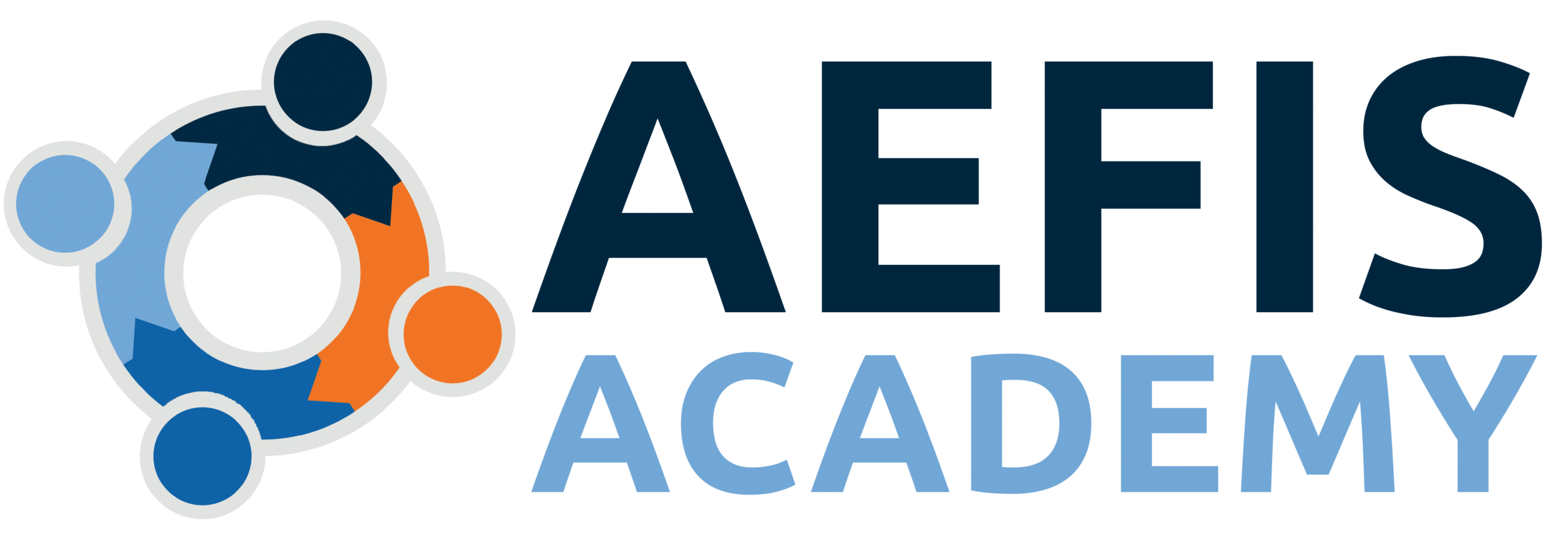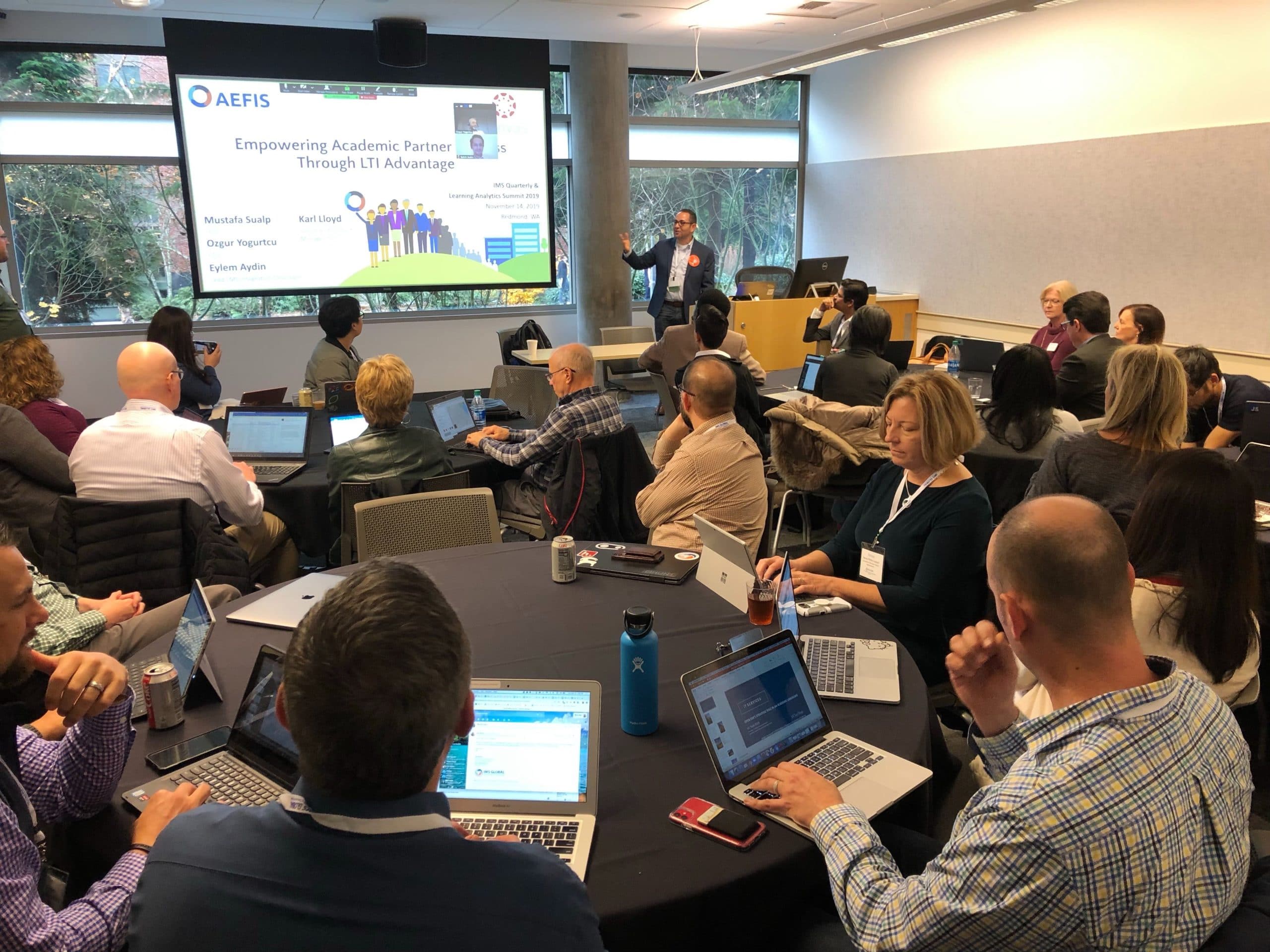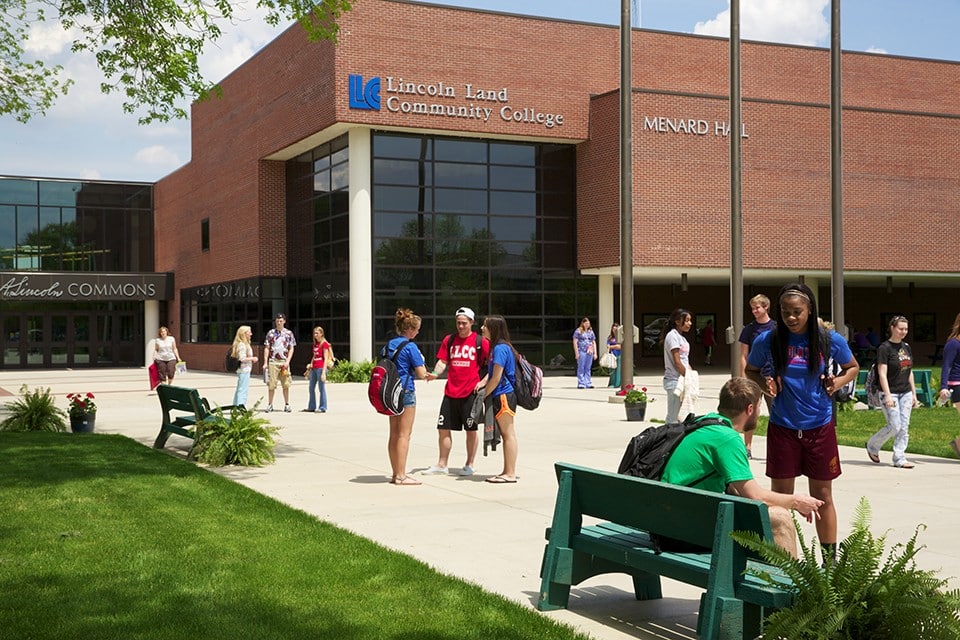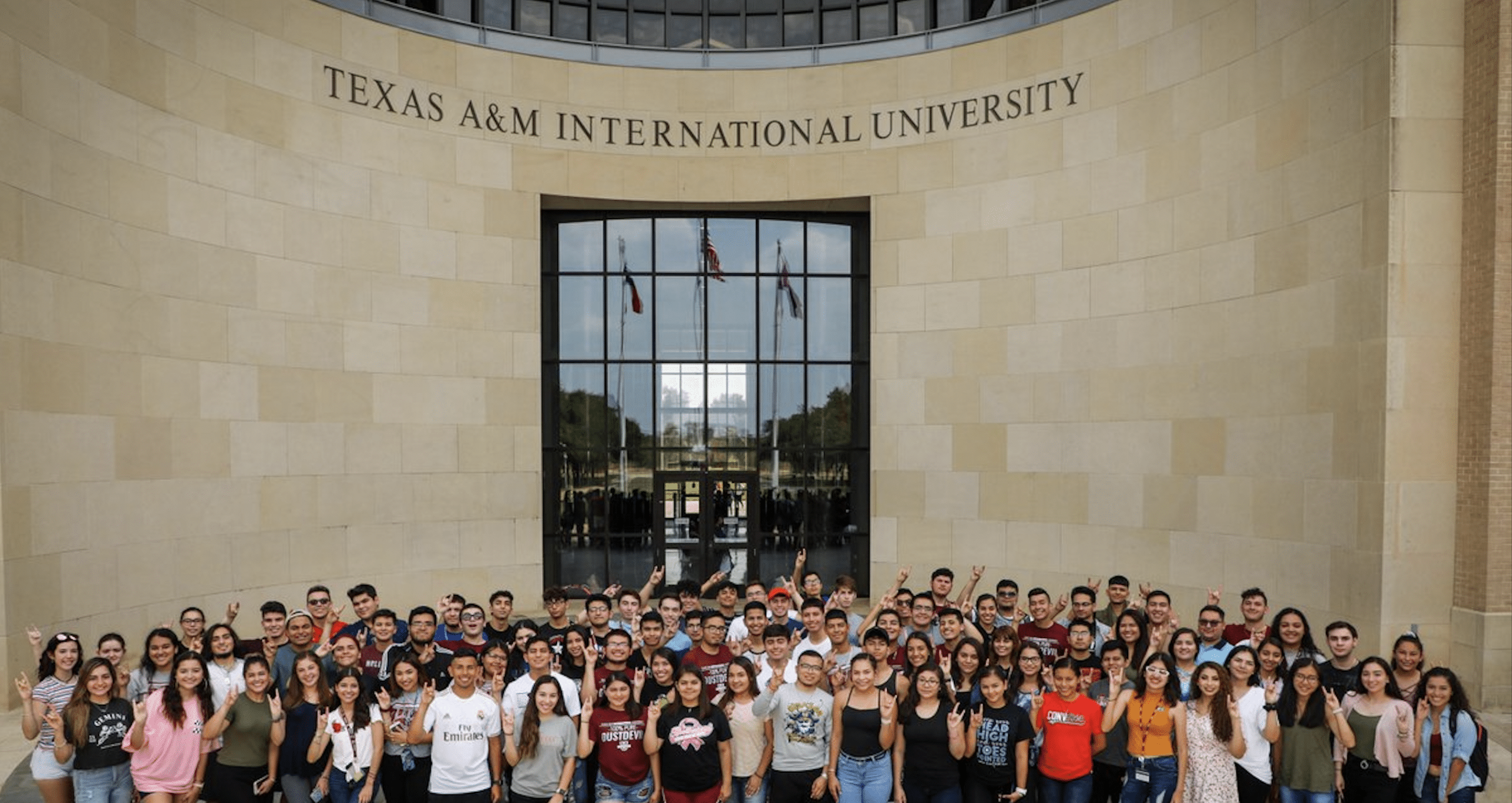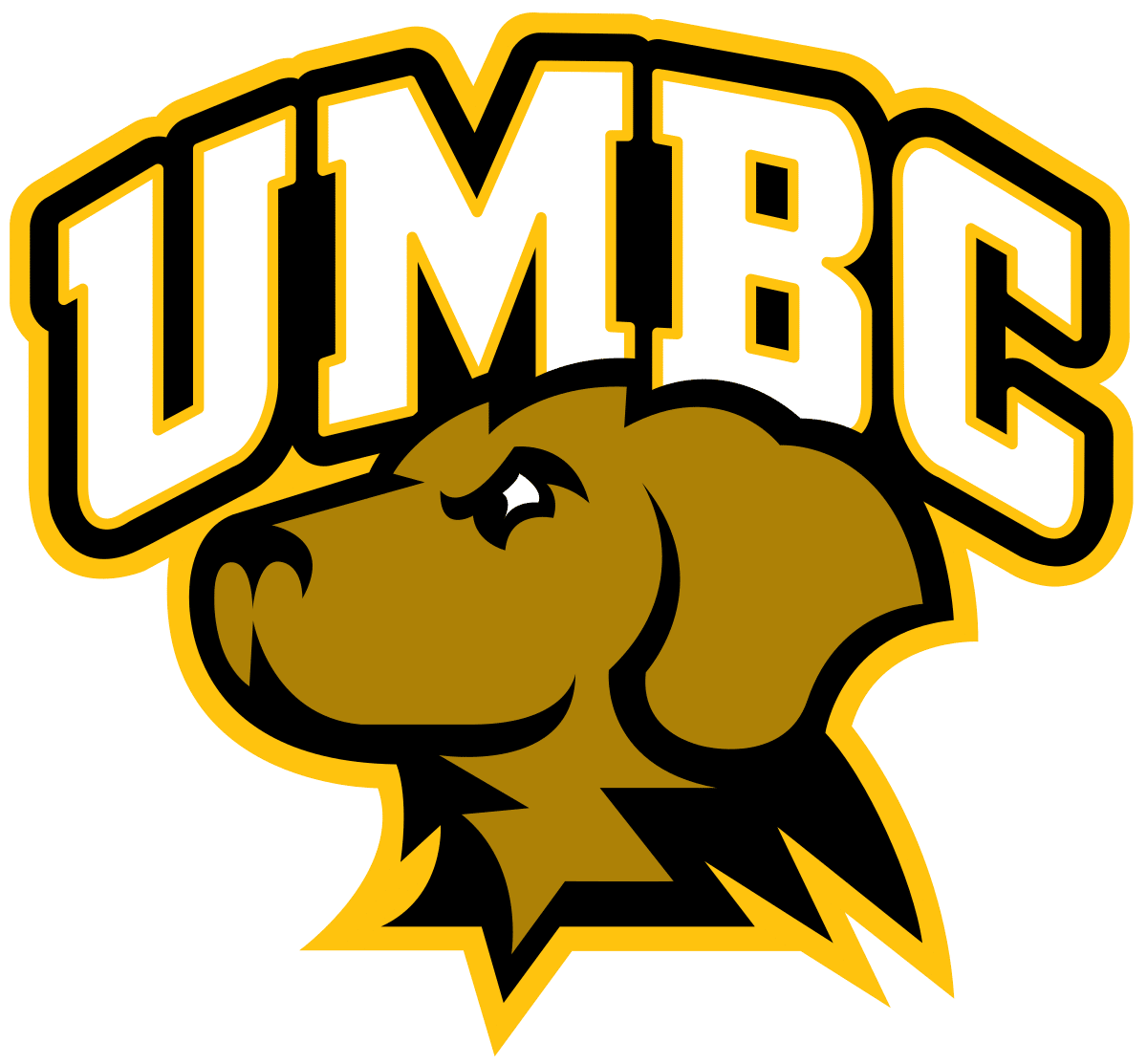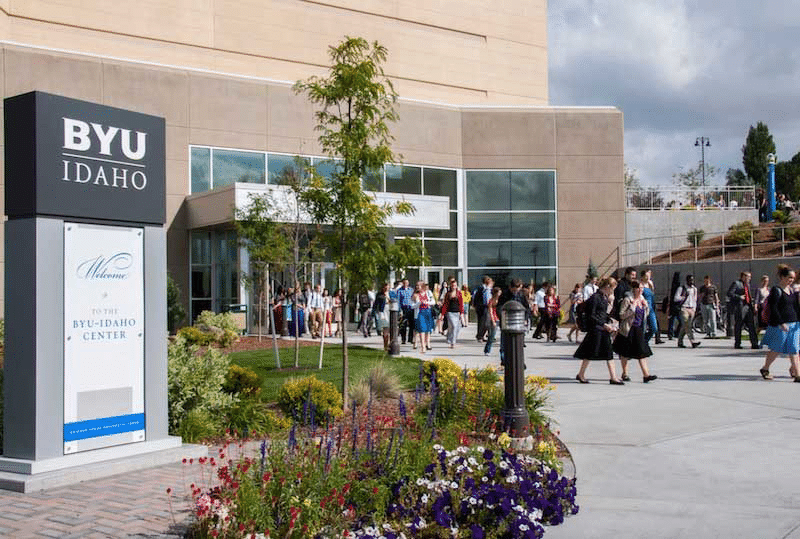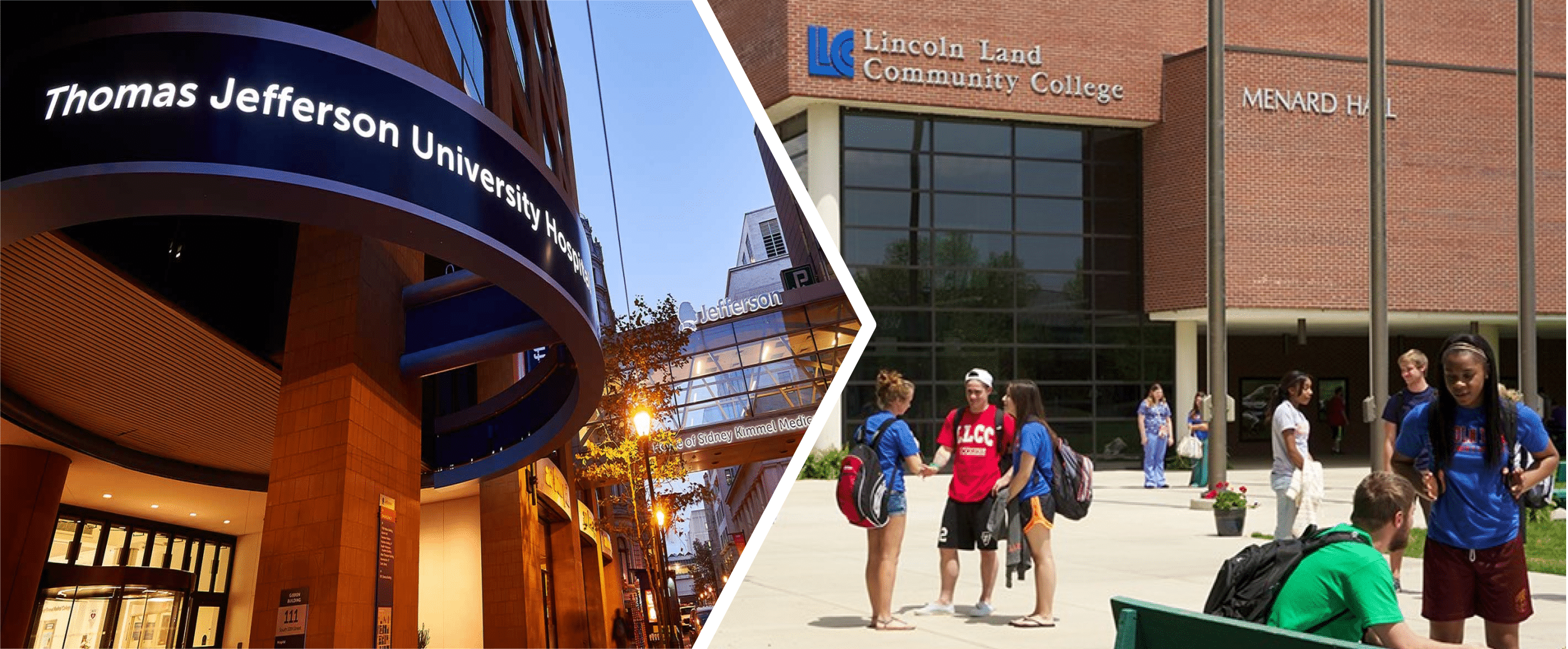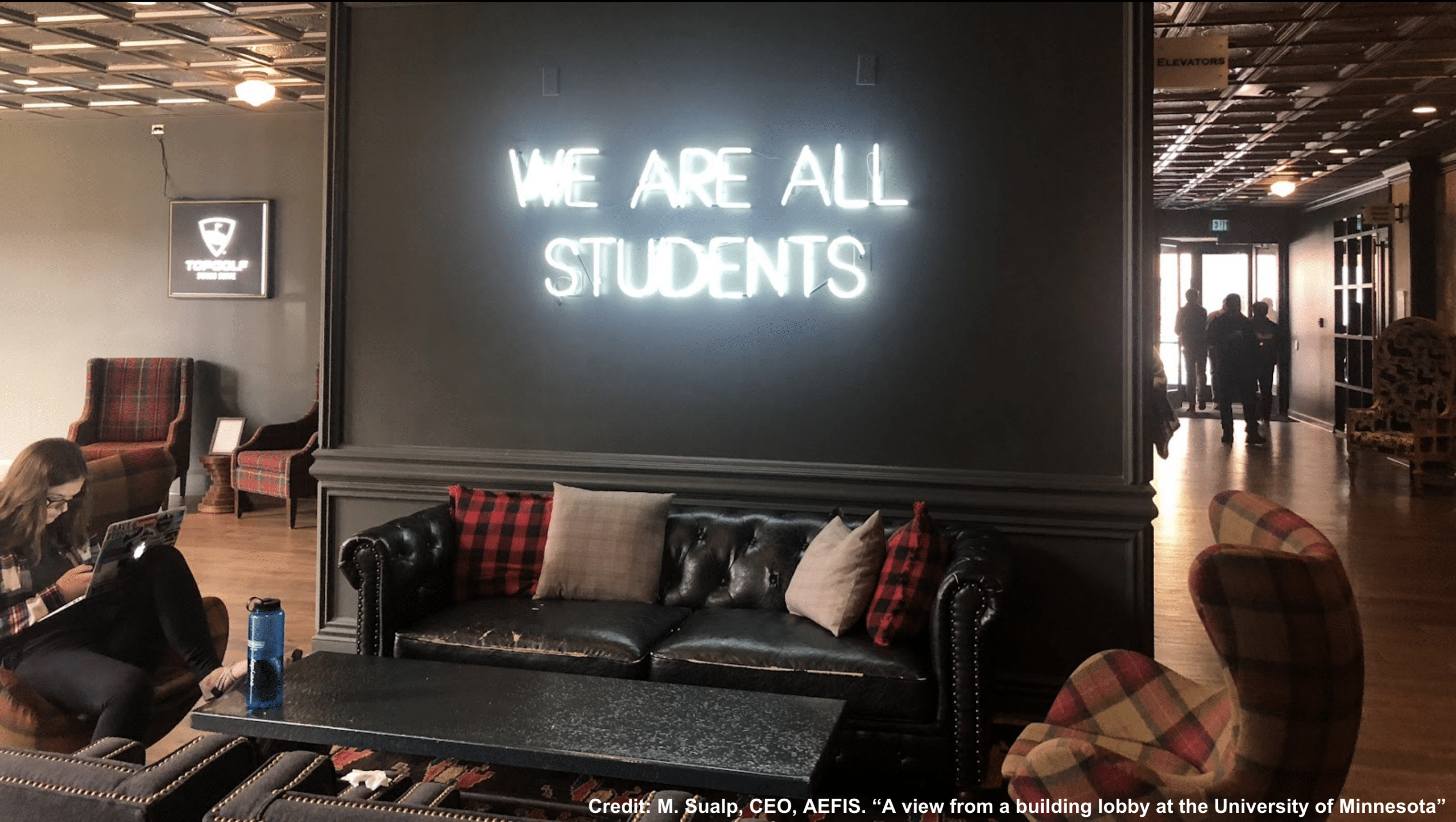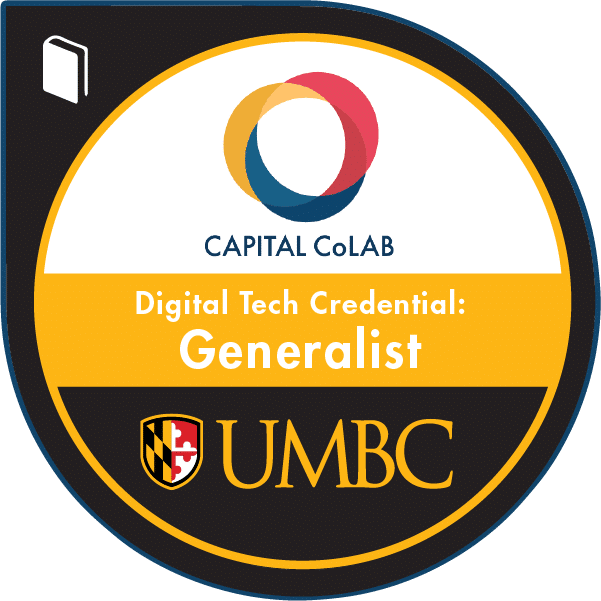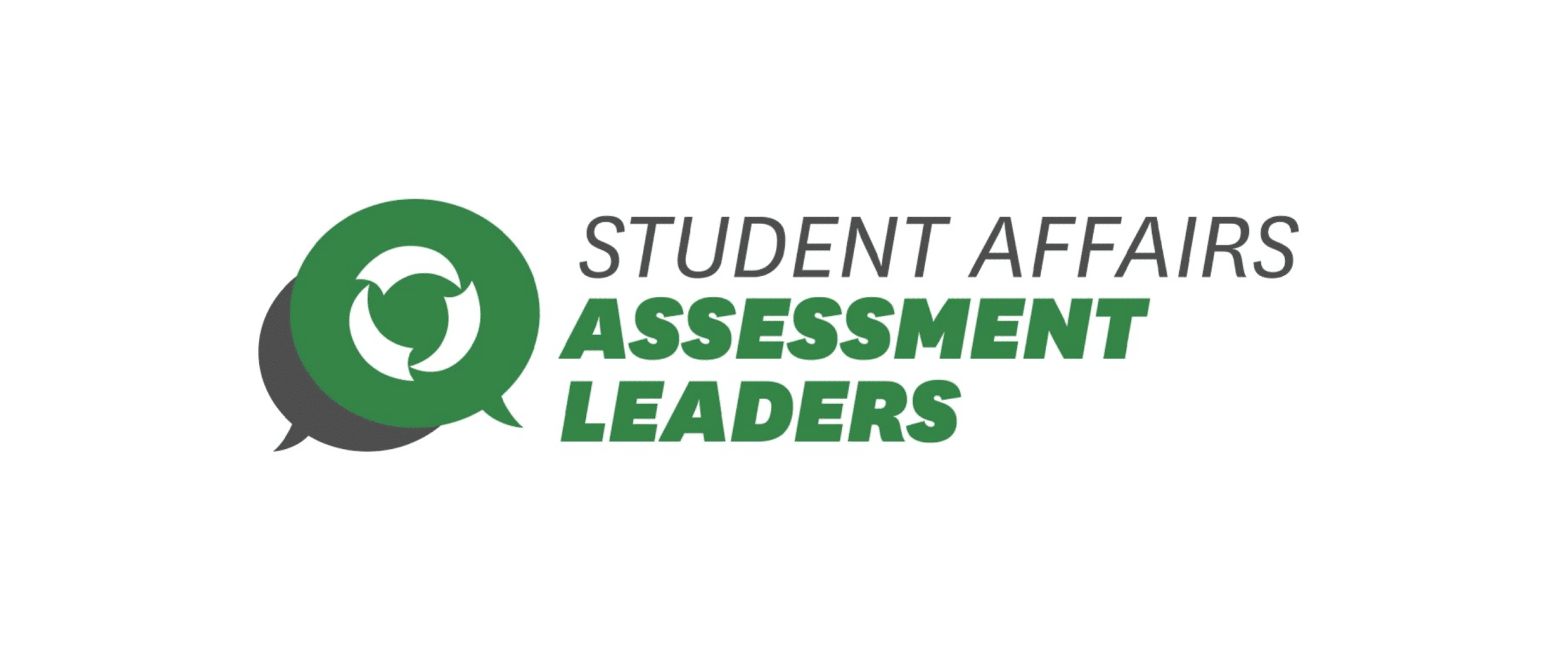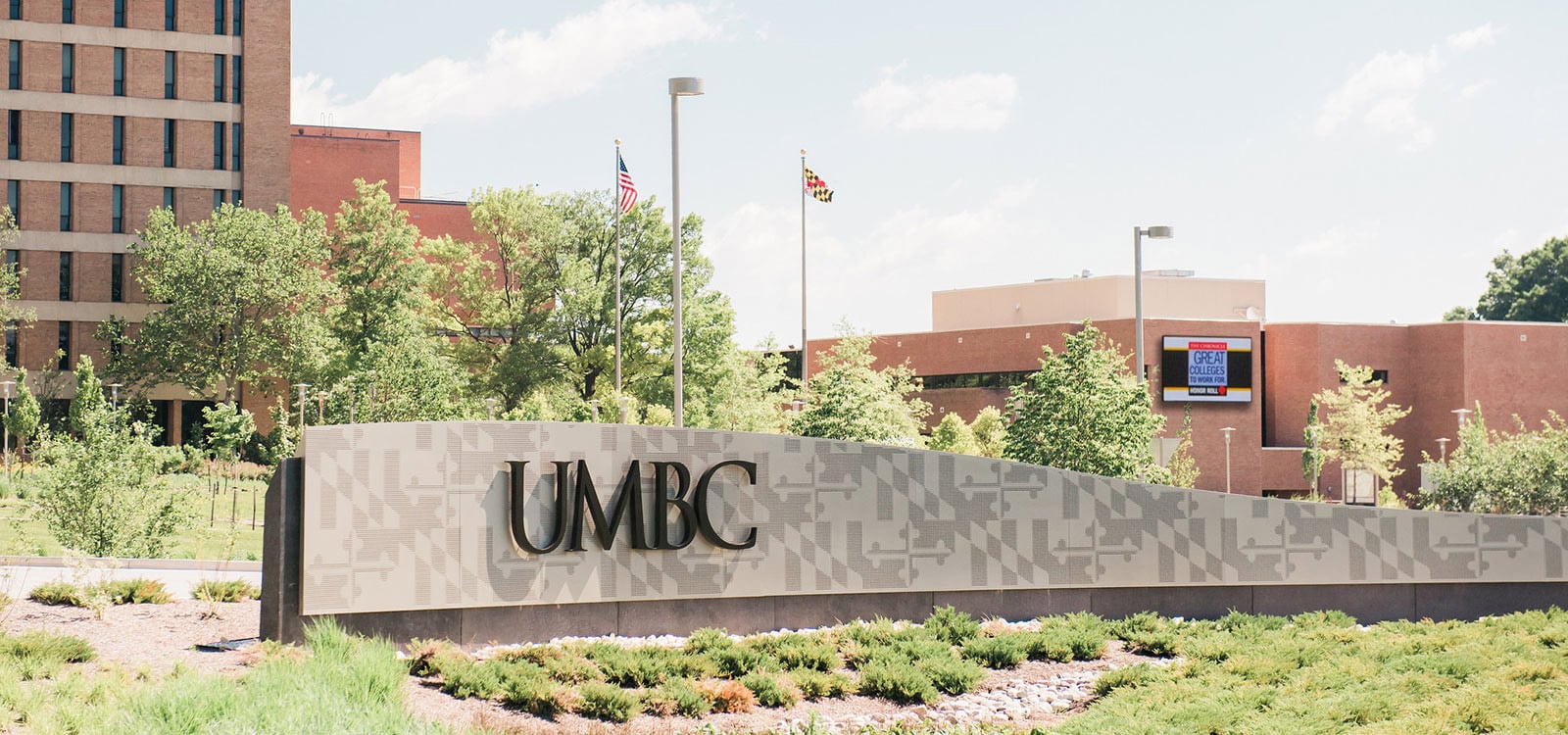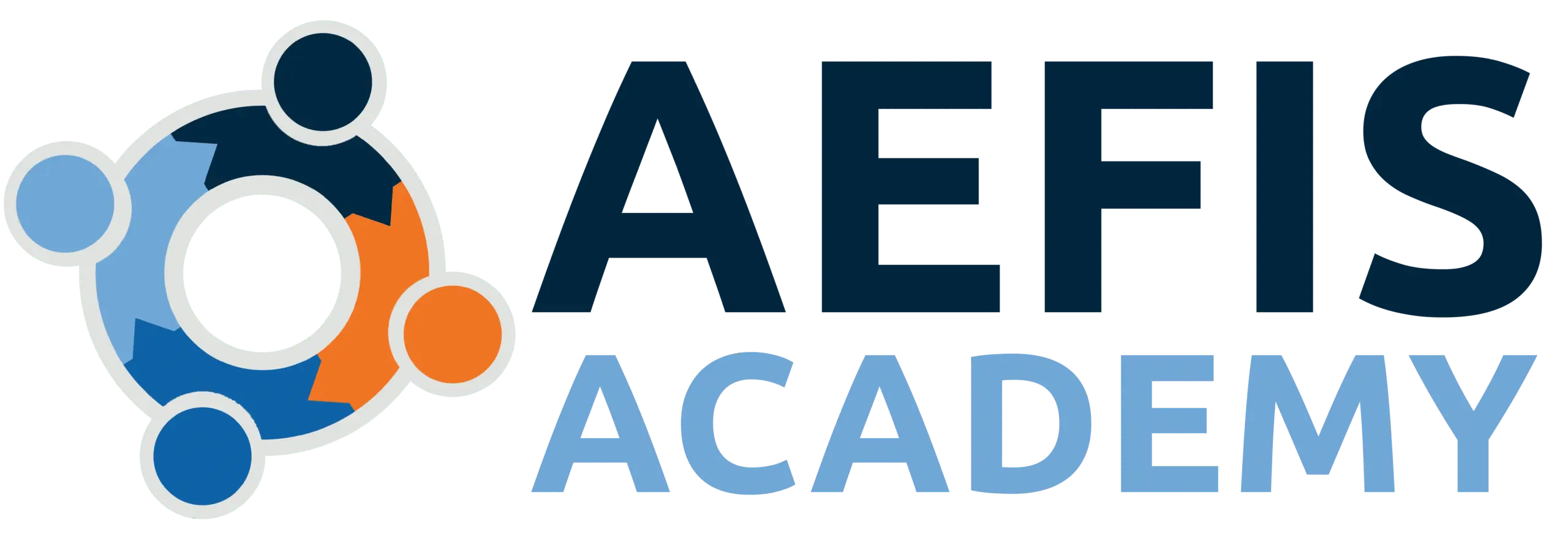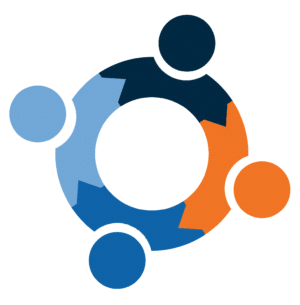Upcoming Live Events
Strategies for Joining the Digital Credentials Transformation—How CLR Can Support Continuing Education Initiatives at Your Institution
Higher education continues to show its resiliency and success in digital transformation strategies linked to supporting innovative designs in curriculum and delivery models aimed at providing value to students. In a 2021 Association of American Colleges and Universities (AAC&U) workforce analysis report, a diverse set of employers share their views on workforce preparedness and the outcomes, skills and experiences they value most in recruiting their team members for jobs (Finley, 2021). This analysis serves as a reminder to higher education that students need to translate their learning from one setting to another in order to support specific workforce needs and responsibilities.
Improving Adult Learning: Empowering Diverse Faculty as Assessment Leaders at Your Institution
On any campus, efficiency and collaboration are essential processes in establishing a culture for assessment. At the center are faculty, who are expected to implement instructional strategies that support student growth and success as well as make meaningful decisions about how students are learning using data. This session shares outcomes of implementing peer-to-peer learning structures and adult learning theory to support faculty who are at the center of continuous improvement and change.
To Infinity and Beyond! Designing a Sustainable Self-Study Process
Preparing your institution for a SACSCOC’s Self-Study can be stressful for all stakeholders, especially if they are going through their first self-study together. This session demonstrates how leaders at Texas A&M International University (TAMIU) developed, adjusted, and learned from their initial approach to streamline and create a more efficient process using technology to complete their SACSCOC Fifth-Year Interim Report.
Designing a Comprehensive Learner Record Logic Model for Lifelong Learning
With an opportunity to improve and innovate student learning outcomes simultaneously, Comprehensive Learner Record (CLR) is an interoperable achievement hub that reinforces that learning happens everywhere with verified evidence of student learning from course, co-curricular engagements, student employment, and even student self-identified experiences. CLR makes achievements explicit and meaningful for institutions, students, and employers.
Stakeholders who use CLR as a vehicle for learning in real-time and an ecosystem of skills that employers value are providing valuable opportunities to share knowledge, skills, and abilities with a greater audience.
IMS Global CLR Connect-a-thon: Building a Curriculum & Assessment Infrastructure at BYU-I
Comprehensive Learner Record (CLR) can mean something different for each institution as it relates to their culture, mission, and uses to support student learning, employability, and program effectiveness. Yet, to begin CLR you must have an intentional plan, resources to uphold this plan, and a mapping schema to make CLR meaningful for its stakeholders. Hear from leaders at Brigham Young University-Idaho who are working to create the infrastructure to implement CLR at the institution.
Innovative Approaches to Adapting VALUE Rubrics to Foster Learner Feedback in High-Impact Practices
Providing clear feedback is a known contributor to positively impacting student achievement. Yet, finding the right instruments and processes to give quality feedback in real-time can be daunting. Learn from assessment professionals from Thomas Jefferson University and Lincoln Land Community College (LLCC) who have designed and digitized processes at their institutions, to quantify qualitative assessment across disciplines. A common component of these assessment practices is the use of AAC&U VALUE Rubrics. As a launching point, VALUE Rubrics served to delineate relevant criteria for use in assessing high-impact practices (HIPs) and reflective processes in multiple disciplines and across platforms.
Comprehensive Learner Record: Empowering Embedded Assessment of Competency to Determine Student Readiness for Real-World Problems
Recognizing a preparation-to-practice gap, professional organizations called for a transformation from traditional lecture-based learning, focused on learning concepts, to experiential learning emphasizing competencies. American Association for Colleges of Nursing shared their 2019 vision on how nursing education needs to improve the quality of patient care, requiring a profound pivot in assessing and reporting learning outcomes. Comprehensive Learner Record (CLR) provides a holistic approach to assessment that tracks the achievement of competencies across learners’ experiences. In this session, learn about CLR in assessment and how the University of Rochester School of Nursing developed CLR while shifting to a competency-based curriculum during COVID-19.
A Collaborative Approach to Preparing Learners with Digital Skills for the 21st Century Workforce
As post-secondary programs engage learners in the wake of COVID-19, 2021 has become a year for skills-driven hiring. Greater Washington Partnership (GWP) is a civic alliance of CEOs dedicated to making the National Capital Region – from Baltimore to Richmond – the most economically dynamic region to live, work, and grow. In 2018, GWP launched Capital CoLAB (“Collaborative of Leaders in Academia and Business”) a network of 24 higher-education institutions including the University of Maryland, Baltimore County. Listen in to their strategic assessment plan aligned to skills essential to employers using Comprehensive Learner Record (CLR) with ed-tech leader AEFIS.
Expanding Professional Learning for Assessment and Improvement
Professional learning in higher education is a precious commodity given shrinking budgets and changes to the higher-ed landscape. To support assessment development efforts, AEFIS and Student Affairs Assessment Leaders (SAAL) are partnering to broaden the scope for assessment professional development nationwide. Together, they’re expanding SAAL’s “Applying & Leading Assessment in Student Affairs” course and resources to AEFIS Academy - an open online community dedicated to professional learning and networking in assessment, strategic planning, and best practices for teaching and learning. Learn how AEFIS and SAAL collaboration will support those leading assessment activities, and keep higher education leaders current in their work.
To Infinity and Beyond! Designing a Sustainable Self-Study Process
Preparing your institution for a SACSCOC’s Self-Study can be stressful for all stakeholders, especially if they are going through their first self-study together. This session demonstrates how leaders at Texas A&M International University (TAMIU) developed, adjusted, and learned from their initial approach to streamline and create a more efficient process using technology to complete their SACSCOC Fifth-Year Interim Report.
Continuous Improvement of Student Learning: Designing a Comprehensive Learner Logic Model
This session will provide insight into the University of Maryland, Baltimore County’s Comprehensive Learner Record (CLR) logic model and how this effort organically provides evidence of student learning while meeting the requirements of Middle States Accreditation. The collection of CLR data align with Standards III, IV, and V. In collaboration with Greater Washington Partnership (GWP) Capital COLab, an academic and industry body focused on developing a skilled workforce, UMBC’s CLR processes tracks acquisition of knowledge, skills and abilities (KSAs). This effort supports UMBC's goal in synthesizing learning across modules, courses and other learning experiences.
See how UMBC’s CLR logic model is supporting curriculum revision, student learning and preparing students for their future careers and how partnering with employers in your institution’s region supports the mission and vision of learning and career readiness.
Student Affairs Assessment Leaders Present—Open-Online Course Preview Session Live!
Prior to launching our free assessment MOOC, Applying & Leading Assessment in Student Affairs, the Student Affairs Assessment Leaders (SAAL) is hosting a live session on January 25 at 2:00 PM EST with the instructors to share course details (past outcome data, new improvements, etc.), share why we love the course, and discuss how folks – faculty, staff, graduate students, and anyone interested in assessment – can leverage it for individual and collective professional development. They’ll be time for Q&A, as well.
